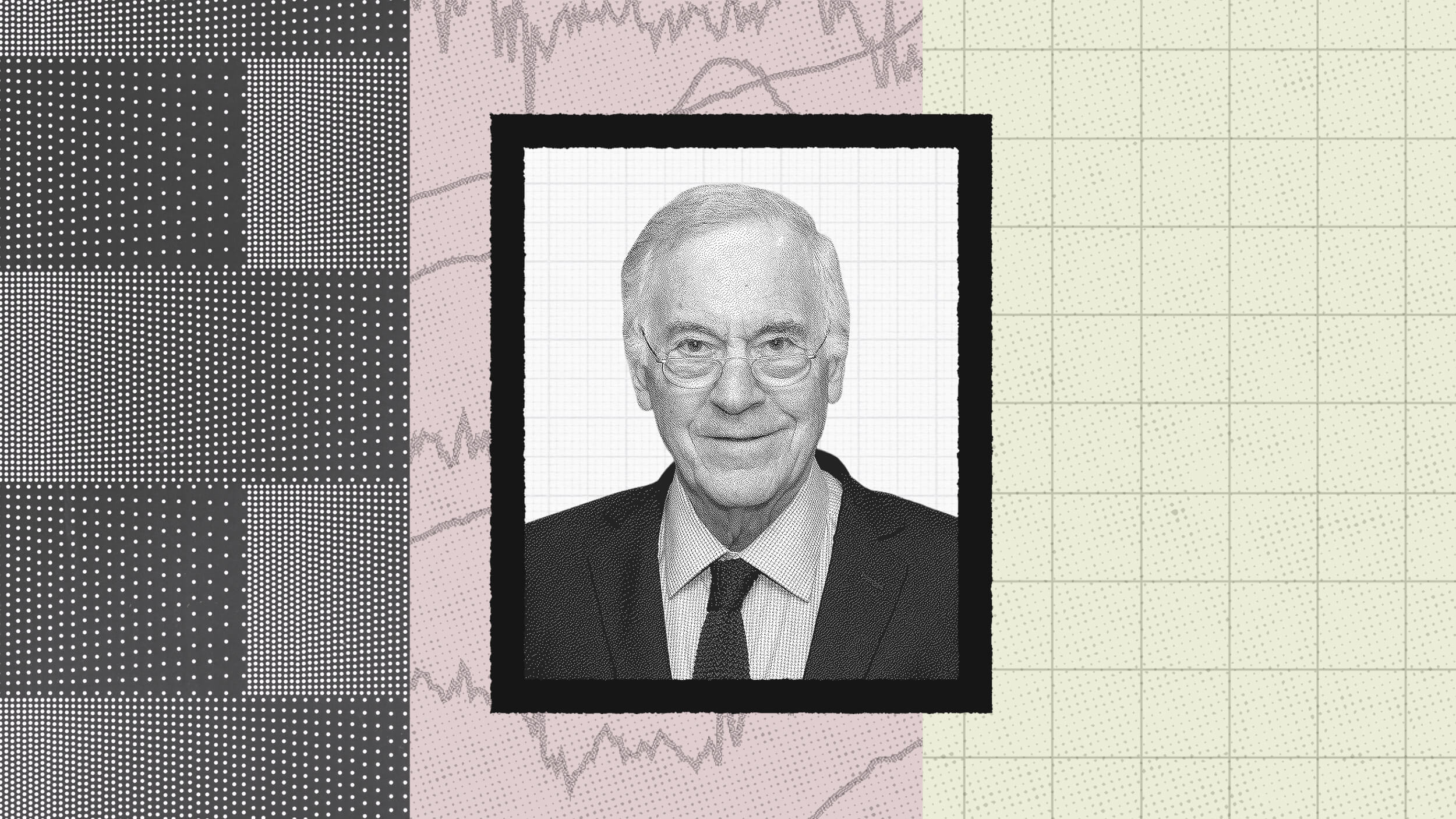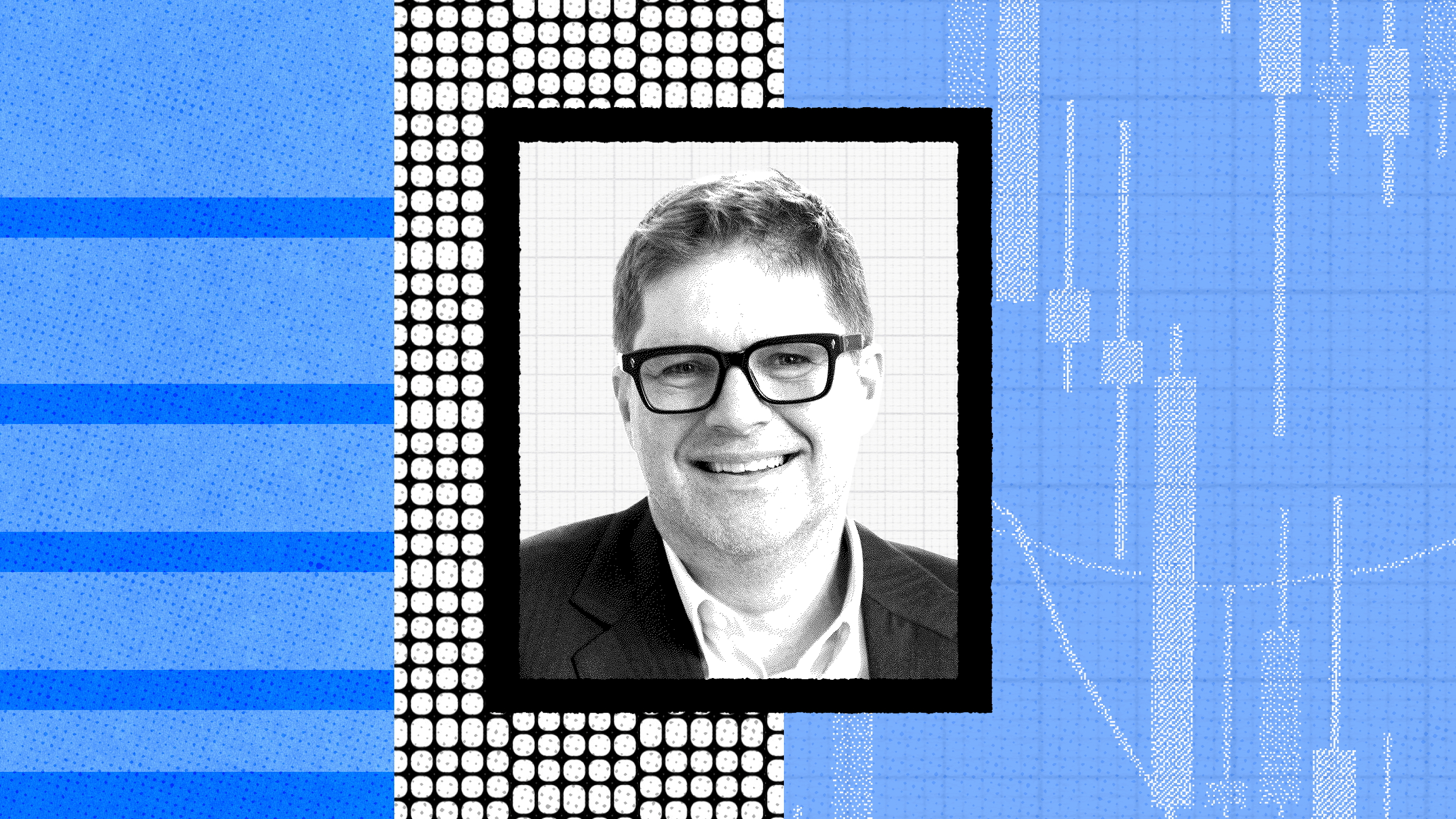Each year the world’s most powerful leaders meet at the World Economic Forum’s annual meeting in Davos, Switzerland to discuss how to remedy challenging and complex global issues. Yet this elite brain trust famously misread the writing on the wall prior to the financial crisis and recession that followed in 2008.
Question: Did the World Economic Forum serve as a bellweather for the global financial turn down?
Kevin Steinberg: We ran a simulation about three years ago in Davos where we had a number of global investment professionals talk about how allocating money to different sectors in particular may be a good demonstration of where the economy was going over that particular year. And it was an interactive exercise where different teams were thinking about the allocation process and thinking about what the implications might be for M & A and other activity. As part of that particular exercise, before we wrapped up, we gave people an extra option that we didn’t announce before, which was instead of putting their investments into particular industries, they could instead put it in a safe bank, in a treasury so to speak, or what we called under the mattress. It turned out after we finished that exercise that 30 percent or 35 percent of the overall allocation went to the mattress. And it was a very, very interesting example.
Before we actually had everybody put up their results, there was a more lighthearted
element or more lighthearted aspect to the room where people thought what industry will it be, how will things compare. However, once we actually put up the results and people realized that by far the dominant investment was putting money under the mattress, it dawned on the collective group that actually there were very significant implications for that. Because if money collectively in the system was not going to be put to work, we ran the risk of a real slow down in the global economy as business, as government and as others looked at a potential slow down with everybody sitting on the sidelines and, therefore, having a spiral that would reinforce part of the problem.
That in turn led us to looking at what was taking place the following year and unfortunately it's part of what actually occurred. If you looked at what happened in the following year, the global economy slowed down considerably in part because of an incredible investor hesitation to put money to work in different ways. And I thought it was an interesting story where sometimes the discussions at Davos that even seem lighthearted at first can be indicative of a broader dynamic. Can be indicative of the fact that there are serious issues at foot and with the benefit of hindsight I wish there was more we could have done to work with not only that group but some other players in the global economy to talk about how that hesitation to be active could put money on the sidelines and potentially exacerbate a difficult conversation.





